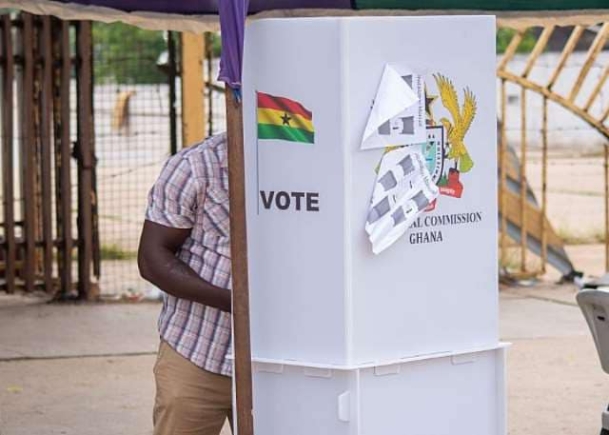Tomorrow, all eyes will be on the mining town of Akwatia in the Eastern Region, where voters go to the polls in a parliamentary by-election to elect the successor of the late Ernest Kumi.
The by-election, born of tragedy, must not be allowed to descend into chaos. It must rather reaffirm the country’s democratic credentials.
The stakes are unusually high. With the governing National Democratic Congress (NDC) commanding an overwhelming majority in Parliament, the numerical outcome of Akwatia will hardly alter the parliamentary arithmetic.
Yet, the by-election has assumed a significance far beyond numbers. It is a contest for bragging rights, a popularity test, and, for many of the actors, an audition for the decisive national polls of the future. That is why we must be doubly vigilant, for in such contests the temptation to resort to crude tactics is ever present.
The country’s electoral history provides sobering lessons. While the Assin North by-election was conducted in a largely peaceful manner, others, such as the Ayawaso West Wuogon by-election and the recent Ablekuma North rerun, were marred by violence, intimidation and needless bloodshed.
Citizens were maimed, families left scarred, and our democratic reputation stained.
The Daily Graphic, therefore, sees it as heartwarming that eight individuals linked to the Ablekuma North violence have been convicted of assault and fined.
This must serve as a clear warning that the country will not tolerate hoodlums who trade ballots for bullets.
The law must, and will, deal ruthlessly with miscreants who seek to subvert the people’s will.
The police have, so far, demonstrated commendable vigilance. Over 5,000 personnel have been deployed to Akwatia.
Their intelligence-led operations have already led to the retrieval of arms and ammunition, as well as the arrest of suspects.
For this, they deserve commendation.
But the very fact that weapons were intercepted is also a cause for public apprehension.
Citizens must be reassured, not only with words but with action, that their safety before, during and after the election is guaranteed.
The police must stamp their authority firmly, acting swiftly and decisively to neutralise any attempt at violence.
They must leave no room for doubt that Akwatia is under the sovereign protection of the Republic, not the control of party vigilantes or criminal elements.
Equally, the responsibility of the political parties — chiefly the NPP and the NDC — cannot be overemphasised.
Their competition must not be about swelling parliamentary numbers for its own sake, but about demonstrating fidelity to the democratic process and the welfare of the people.
After all, what use is it to elect a Member of Parliament if the constituency is plunged into fear and disorder, rendering development impossible?
The parties must call their foot soldiers to order, remembering that the true measure of victory is not the number of seats won, but the confidence of the people in their capacity to govern responsibly.
We take note of the appeal by six respected religious bodies urging the two leading parties to ensure a violence-free poll.
That appeal must not fall on deaf ears. Religion, morality and civic duty converge on a single point that peace is the bedrock of progress.
Without peace, no development project can thrive, no community can flourish, and no people can prosper.
The Electoral Commission (EC) also carries a sacred responsibility to conduct tomorrow’s poll with scrupulous integrity, leaving no blemish to tarnish the outcome.
Its officials must act with utmost transparency, efficiency and impartiality, ensuring that no one has cause to doubt the credibility of the results.
The EC has, on countless occasions, risen to the challenge. Akwatia must be another testament to its commitment to free, fair and credible elections.
At the end of the day, this by-election is not just about Akwatia. It is about Ghana.
It is about consolidating our democratic gains, sending a message that in this Republic, political power is earned through persuasion, not violence, and through ballots, not bullets.
All stakeholders — the security agencies, the political parties, the EC, civil society and the ordinary voter — must play their part in ensuring that tomorrow’s exercise becomes a shining example of democracy at work.
We caution, in the strongest possible terms, that anyone who dares to deviate from the rules will face the full force of the law.
Our democracy is too precious, its peace too costly, and its people too determined to be held hostage by a few miscreants.

